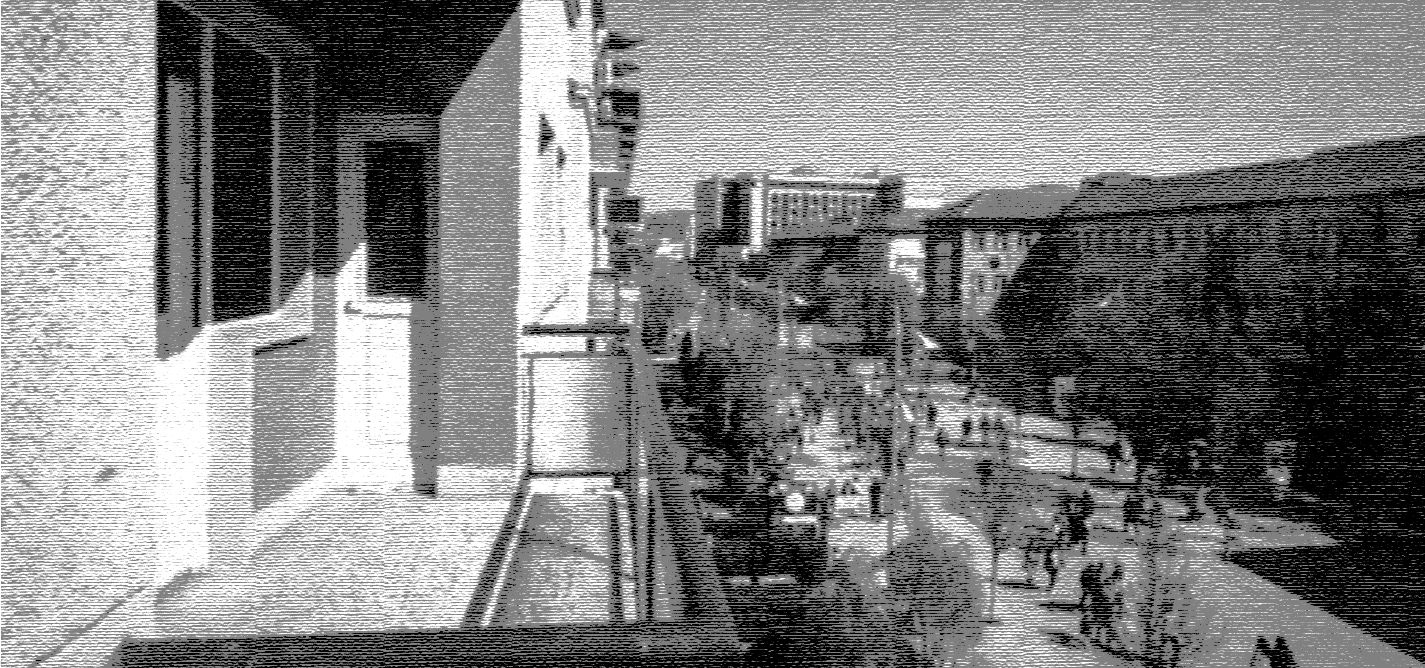
78 days of fire, a lifetime of smoke
NATO bombings — between hope and terror.
Subconsciously I promised myself that if I survived I was going to dedicate my work to finding out what happened and how much harm all that was happening had caused.
On March 24, 1999 at 7 p.m., as I waited in my central Prishtina apartment, NATO started the bombings.
It’s difficult to find a proper way to react toward a process that has contributed toward both saving a nation but also leaving some parts of that nation crippled.

Furtuna Sheremeti
Furtuna Sheremeti is a law graduate from the University of Prishtina. She holds an MSc in Criminology and Criminal Justice from the University of Oxford and is currently doing her doctorate at KU Leuven in Belgium on state crimes and state harms.
This story was originally written in English.